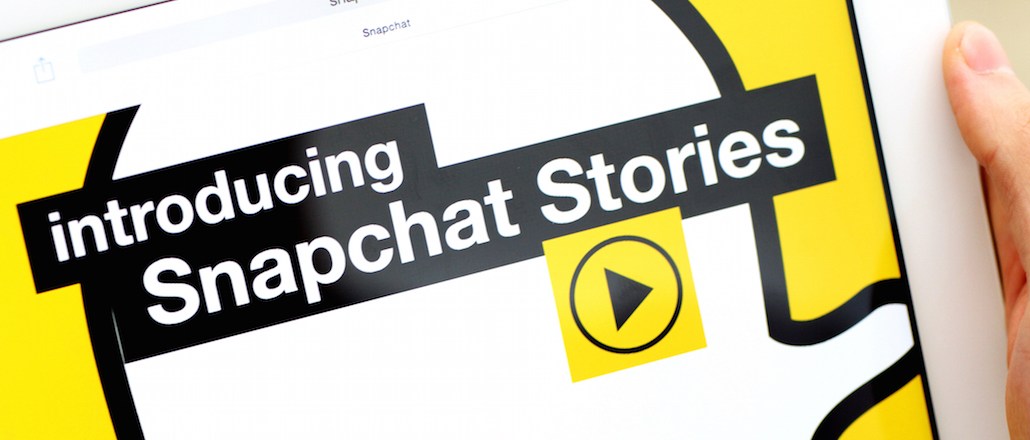Secure your place at the Digiday Media Buying Summit in Nashville, March 2-4

For the second time in a week, Evan Spiegel is proving to be quite the budding YouTube star. The Snapchat CEO released another homemade-like video, this time pitching the app’s new advertising approach in conjunction with his presentation at Cannes Lions this morning.
Looking fresh in an outfit perfect for picture day and speaking over generic track of music reminiscent of pre-roll ad in movie theaters, Spiegel lays out his idea behind “3V: vertical video views” in a manner that only an advertiser could love. There’s no fancy geofilters or trippy animation here.
“Fifty years ago, it would’ve been hard to believe that everyone would have a little TV in their pocket,” Spiegel says, young-splaining that pesky millennials are more inclined to watch videos on smartphones than the boob tube.
So, if advertisers want to target them, then Snapchat is the solution. Naturally. He suggests that videos should be shot vertically because they fill up the entire phone screen and capture users’ attention. And, unlike pre-roll ads that get in the way, Spiegel says ads in the app slyly appear in the “context of premium and curated content.”
Spiegel once again shades targeted ads, prominently used on Facebook and Twitter, saying Snapchat builds ads that “respect our community and privacy.”
Hopefully that works because Spiegel doesn’t have a future as a spokesperson fit for the televisio –, er, smartphone.
More in Media

Media Briefing: Turning scraped content into paid assets — Amazon and Microsoft build AI marketplaces
Amazon plans an AI content marketplace to join Microsoft’s efforts and pay publishers — but it relies on AI com stop scraping for free.

Overheard at the Digiday AI Marketing Strategies event
Marketers, brands, and tech companies chat in-person at Digiday’s AI Marketing Strategies event about internal friction, how best to use AI tools, and more.

Digiday+ Research: Dow Jones, Business Insider and other publishers on AI-driven search
This report explores how publishers are navigating search as AI reshapes how people access information and how publishers monetize content.





